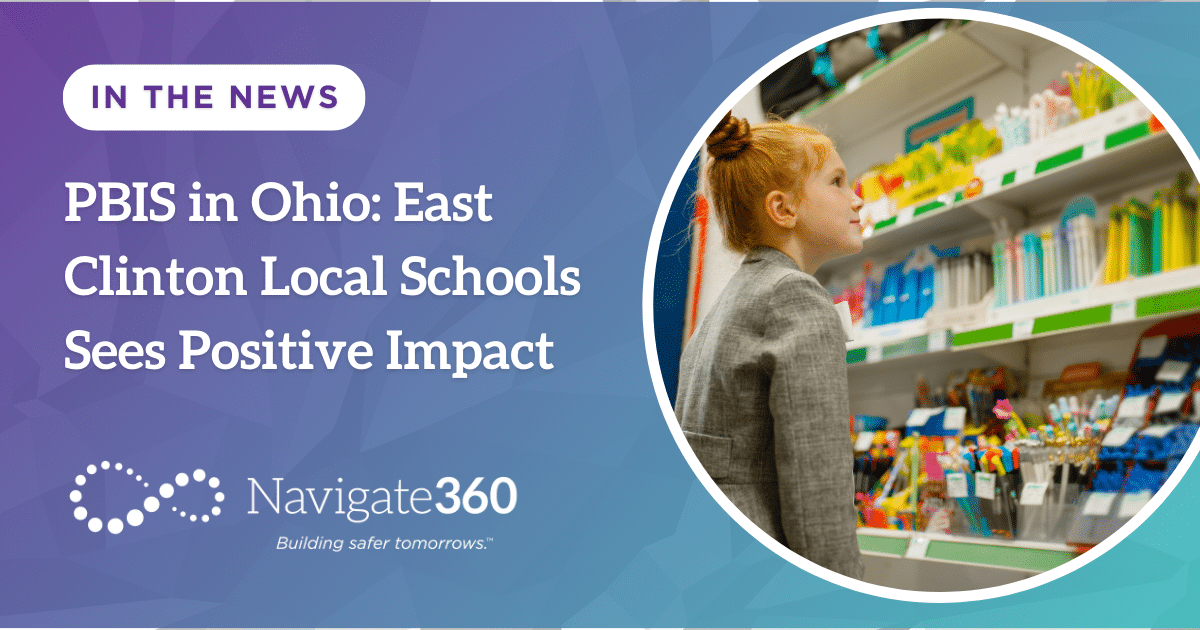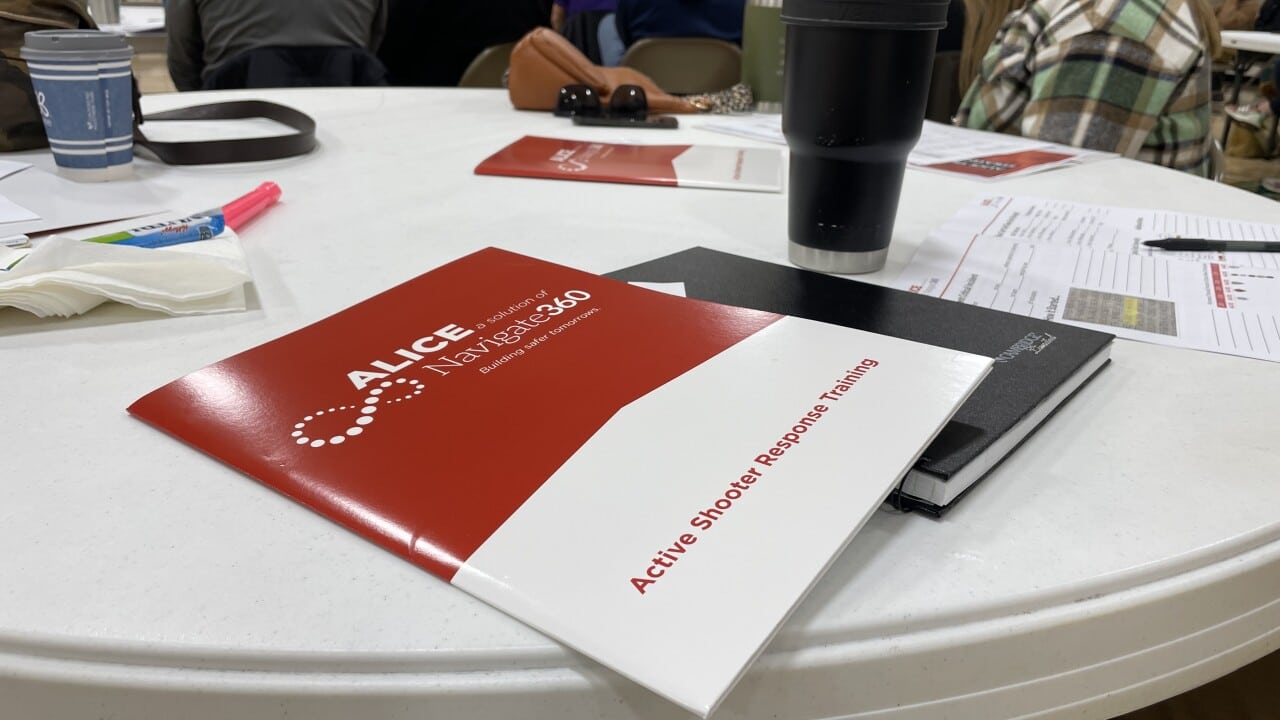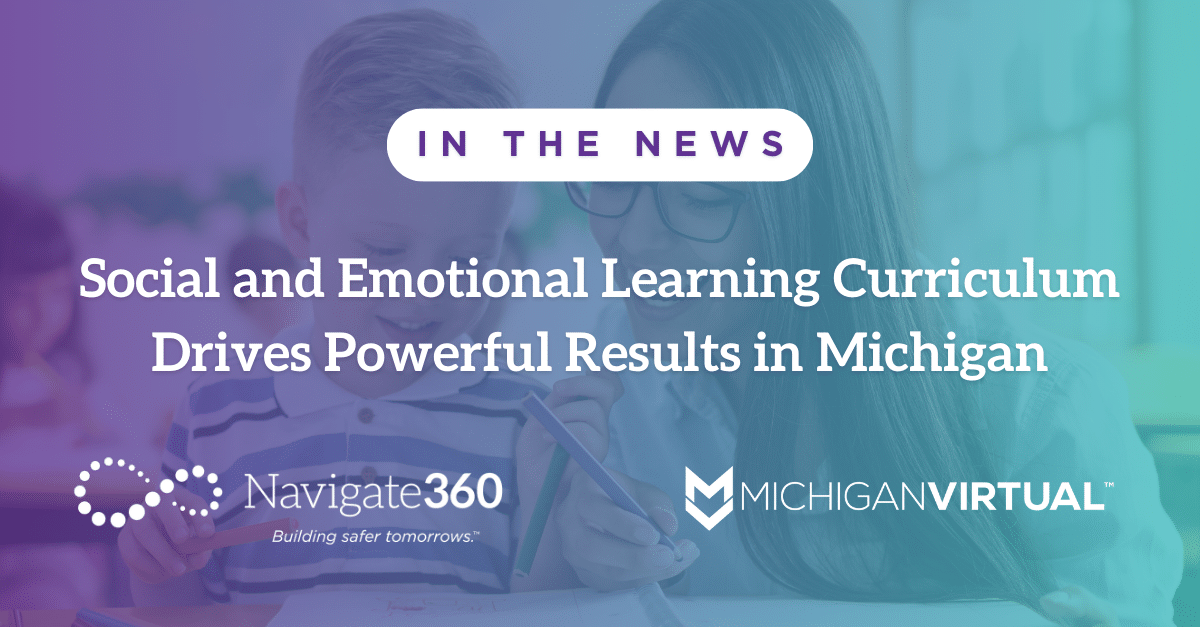Navigate360 and Michigan Virtual have partnered together to deliver free, state-funded social, emotional and mental health resources to the 1.4 million students across Michigan through Michigan Cares.
Michigan Cares & Levey Middle School
Supported by programs like Michigan Cares, Levey Middle School prioritized social and emotional education and saw exceptional results in a short amount of time, including the reduction of suspensions from 25 to zero.
In a recent article, Joel Blankenship, Coordinator of Culture, Diversity, and Inclusion for the school, highlights the significance of cultivating a culture of learning from mistakes and empowering students to thrive.
This story originally appeared in the Detroit News on May 14, 2023. Read the full article here.
Blankenship: Schools should let students learn from mistakes
Joel Blankenship
It’s no secret that the last few years have been hard. Couple a worldwide pandemic with the already difficult pre-teen years for students and it’s no wonder that our academic scores took a hit.
Still, how we respond to those scores and put supports in place for our youth matters. And at Levey Middle School, if we’ve learned anything from the last few years, it’s this: if we truly want to create change that has lasting implications for tomorrow’s adults, we must change the narrative around how we guide students.
I’ve spent my career in Michigan schools. I’ve seen my fair share of programs designed to support students as they navigate life alongside their academic pursuits, and I can confidently say that the resources available to schools today have come a long way from what they once were.
If you think back to your early years, and I mean really think, I’m sure you can think of a handful of choices that you’ve made and would handle differently today. Life isn’t always easy, and kids will make mistakes. Hopefully, if we’re doing our jobs right, they make less of them as they grow.
Let’s take this school year as an example. This is the closest to ‘normal’ that school has been for students in years. Still, today’s eighth graders are 2020’s sixth graders. A normal transition from childhood to pre-teen years was hindered by the pandemic, and now further complicated by their pending transition to their high school and teenage years. The experiences they normally would have had just three years ago, didn’t happen. Now, those missed growth opportunities are rearing their heads.
At the start of this academic year, Levey Middle School had 25 suspensions within the first few weeks of school as a result of tardiness, dress code violations, cell phone use and other small mistakes. Soon, that number dropped to seven, and then two, and now? Zero. We didn’t change our policies, and we didn’t expel students. We, instead, changed our narrative.
Rather than punishing students by preventing them from being in an academic learning environment, we’ve implemented programming that educates them on their behavior, how they could change it, and then guides them through self-reflection. That’s when learning actually occurs. At the intersection of knowledge and its application in our own worlds.
We didn’t do this alone. We took advantage of programming made free to schools during the pandemic, and as we saw success, other school buildings in our district took note and got on board. That programming — Michigan Cares — is still available for free to every school in Michigan today. If we want to see similar results where more students can stay in the learning environments and succeed both academically and socially, we as school leaders must make that a priority in our planning.
Classroom programming designed to help students examine their abilities, strengths, interests and talents by focusing on their social and emotional development is vital to supporting their academic career and future. It is only by recognizing and prioritizing an educational system that validates and supports these programs that we can actually help students set healthy, realistic and optimistic aspirations for themselves.
Our school leaders are to be commended for helping to change the narrative at Levey Middle School to one that removes barriers to students’ academic learning and results in increased engagement in the classroom. If we truly want to educate our students and build tomorrow’s leaders, every school must change how we approach overall education to one where a culture of learning from our mistakes is truly valued.
Joel Blankenship serves as the coordinator of culture, diversity and inclusion at Levey Middle School.
Take the Next Step with Michigan Cares for Free
The collaborative efforts of Navigate360 and Michigan Virtual are reshaping education by equipping students with the tools they need for success. With student mental health concerns at an all-time high, it’s more important now than ever to ensure this work continues. Free of cost, Michigan schools can expand their mental health & wellness curriculum with 1,300 customizable and scaffolded lessons that address a wide variety of challenges that K-12 students encounter daily.



